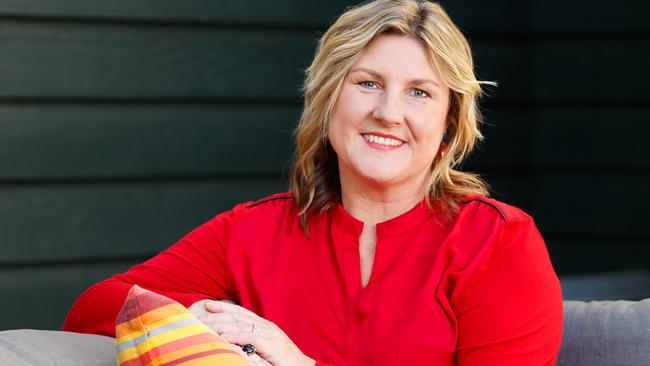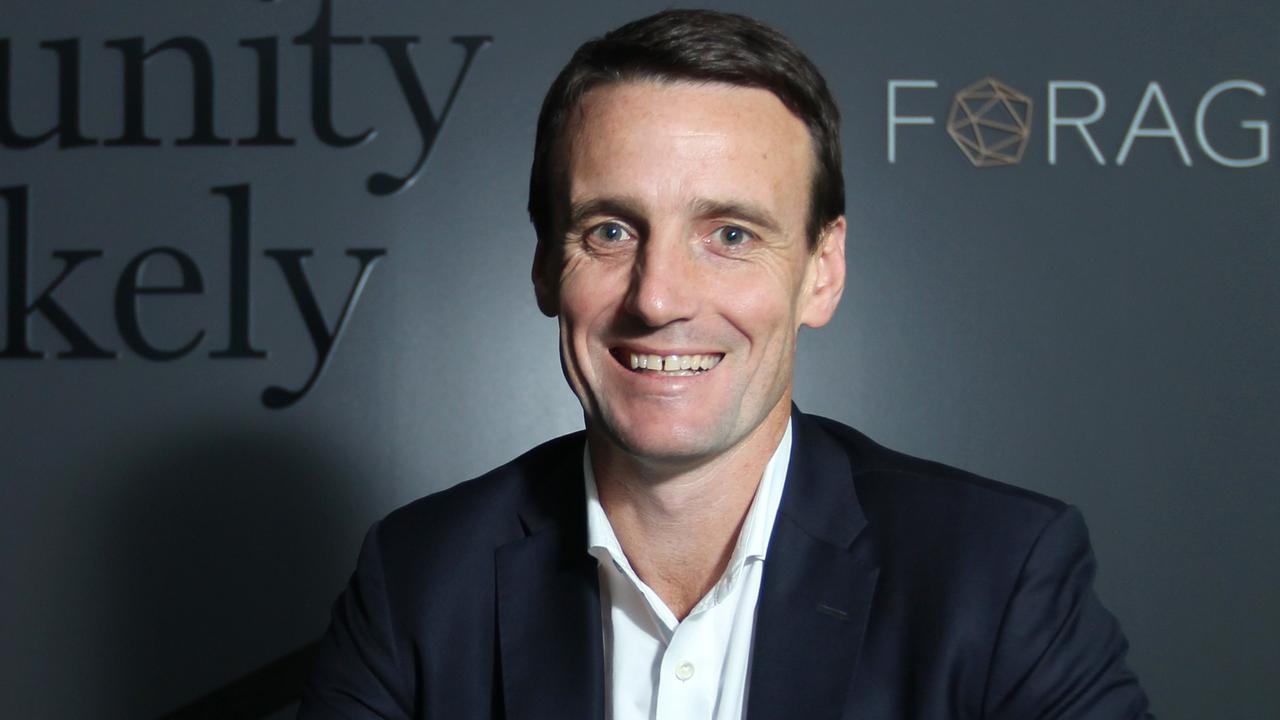
This column understands the $60bn Rest fund is actively recruiting for a head of Australian equities, among other positions, as it builds out its internal investment team.
Rest has taken several steps to internalise parts of investment management with some of its Australian shares, infrastructure, property, cash and bond asset classes managed in-house.
It joins industry counterparts AustralianSuper — which is well advanced on its internalisation drive — and other players such as HESTA in seeking to lower costs but maintain, or better, investment performance by building in-house capability.
The moves come amid another big year in the $3 trillion broader superannuationsector, as the prudential regulator seeks to weed out underperforming funds and increases the pressure for more mergers. The federal government is pursuing its controversial Your Future, Your Super reforms, which will impose consequences on funds that underperform and introduces benchmarking tests.
It makes for a tricky situation for funds to navigate, but those with scale and good performance should ride out the volatility.
Back to bringing investment in-house, though, and Rest has already made several key moves. They include hiring Morningstar’s Andrew Lill last year as the fund’s chief investment officer and integrating its wholly owned Super Investment Management with the fund’s internal investments team.
More recently, Rest appointed Michael Bargholz, Deep Kapur and Anne Anderson to its board investment committee.
AustralianSuper, a giant in the industry that manages more than $200bn, has been making a large push to bring investment functions in-house as part of a target to internalise 50 per cent of total assets by the middle of this year.
While the fund is trailing its target — sitting at about 40 per cent — it has made progress.
AustralianSuper now has more than 250 investment staff, including about 35 people in London, and has plans to open an office in New York in the second half of the year.
It has also booked a better-than-expected $200m reduction last fiscal year in the cost to invest, a number that will make large fund managers take notice.
Over at HESTA, it last year announced a new investment team structure as part of a move to bring some functions in-house.
The internalisation program is scheduled to be implemented in Australian equities this year and will be under way in cash and fixed interest asset classes next year.
But one outlier is Hostplus, which has about $47.8bn in funds under management and is said to have no plans to internalise parts of its equities management.
Scale and hiring the right people will be the key to whether the moves to bring investment management in-house pay off at industry funds, alongside ensuring that governance is a top priority. Some asset classes may prove too complex to build an investment team around, so it’s a fine balance.
“There are risks on both sides,” an industry participant told this column.
Merger seesaw
Submissions to the competition regulator have fleshed out a range of views on the proposed three-way marriage of BPAY, Eftpos and the New Payments Platform.
The retail giants appear to be on board with the merger, but there are pockets of dissent and concern, including from the BPAY camp.
Woolworths’ submission said its initial concerns about the three-way merger had been addressed by an industry committee, including fears that the board would be “skewed towards” banks. The supermarket operator said the proposed governance structure gave merchants more representation.
Coles’s submission said the industry would be better served by the proposed amalgamation, given it would focus on card-based payments in the short to medium term and co-ordinate industry efforts on new and emerging technologies.
It also outlined the importance of Eftpos providing “competitive tension” to international card schemes Visa and MasterCard, to ensure merchants and consumers were not hit with higher transaction costs.
BPAY’s submission made for interesting reading given it has signed off on the merger. The submission said if the amalgamation went ahead there was “no certainty” banks would implement BPAY’s prescribed services and there could be challenges and risks to its ability to innovate.
The comments are a blow to its merger partners and attempts to get the Australian Competition & Consumer Commission to approve the transaction.
BPAY’s submission also took a swipe at the NPP and “overlapping capabilities” between the real-time payments platform and the former’s Osko service. That included saying NPP had “expanded its remit” and affected aspects of BPAY’s rollout of services.
The submission did highlight that the proposed merger could help BPAY in areas such as making more of its products real-time.
Westpac’s submission — signed off by Global Transaction Services managing director Dianne Challenor — was critical of duplication between the investment proposals of the Australian payment schemes.
“Westpac’s view is that the domestic schemes … as separate entities are not capable of addressing these complex issues and do not have the breadth or depth of understanding to incorporate all these variables in their decision-making,” it said.
“It is not Westpac’s view that continuing support for Eftpos is contingent upon the outcome of approval being sought from the commission. Of course, in the longer run, Eftpos faces major strategic challenges but these would … need to be addressed by Eftpos in the normal course.
“Westpac will continue to be reluctant to invest in Eftpos initiatives that are not NPV positive, irrespective of amalgamation.”
The bank highlighted a capital cost associated with implementing the mandated payments service of up to $73m.








Elements of the industry superannuation fund sector are ramping up efforts to bring investment management in-house, creating an interesting industry dynamic as regulatory scrutiny intensifies.